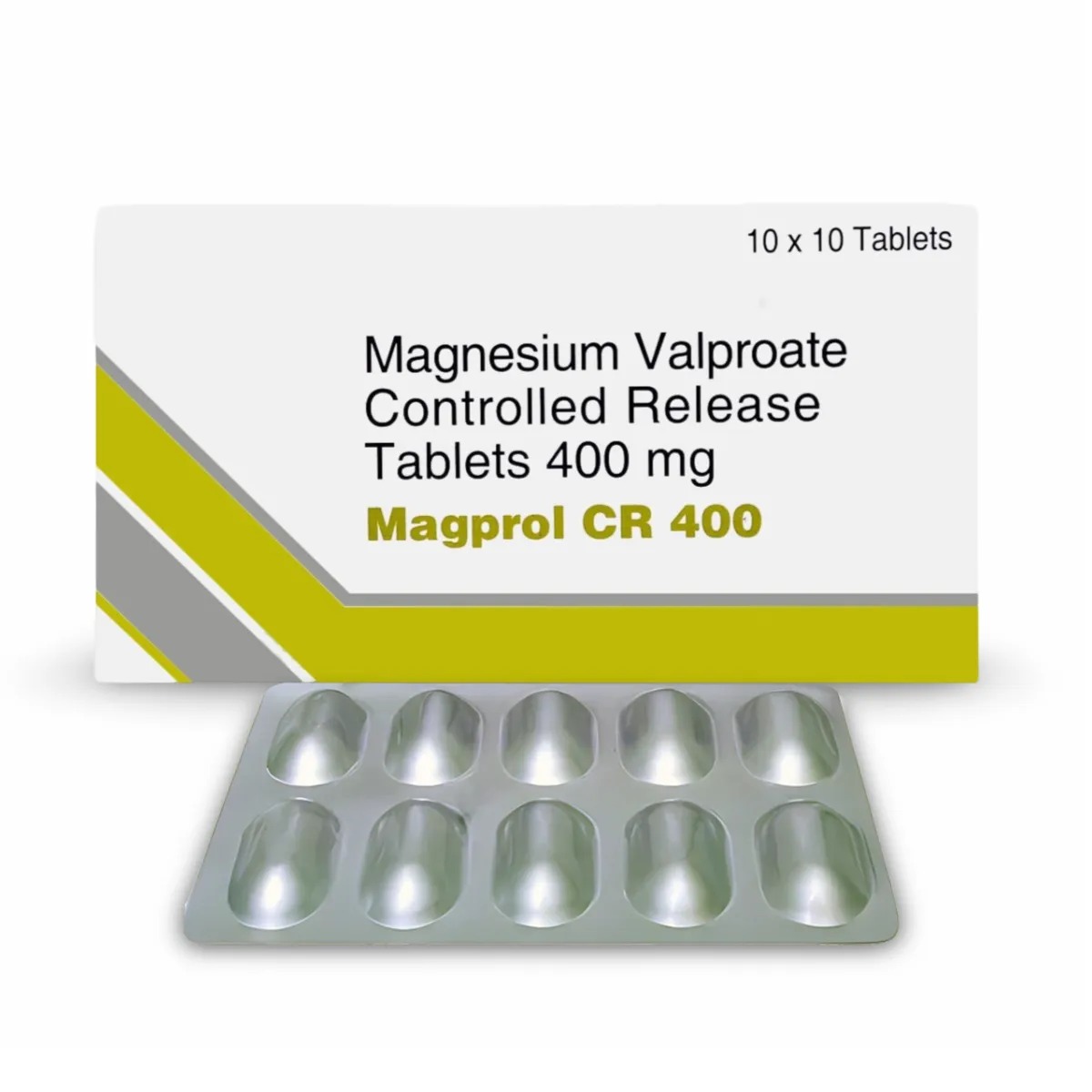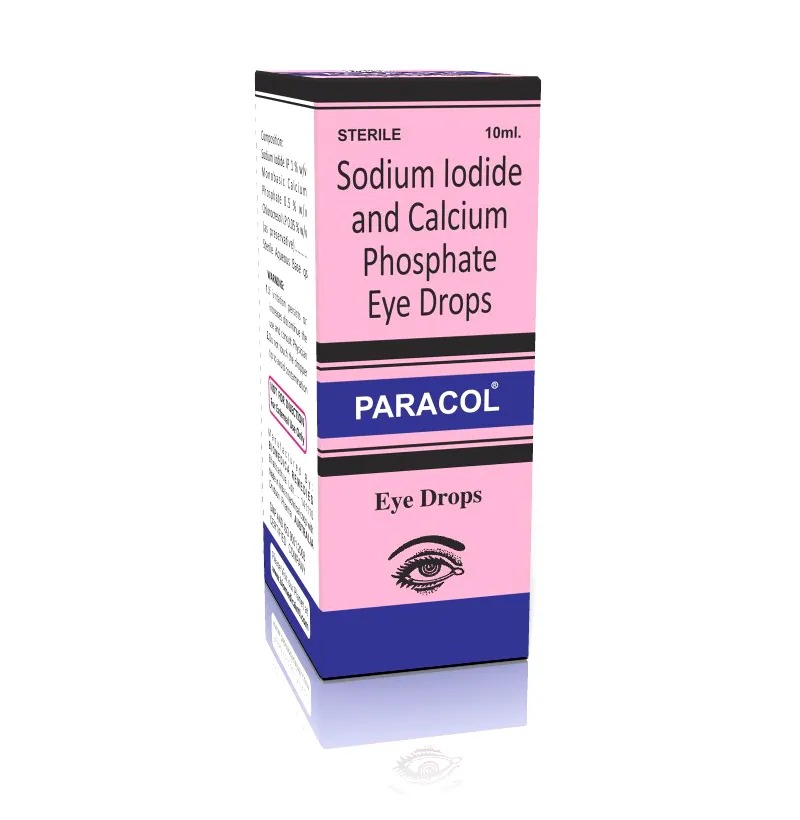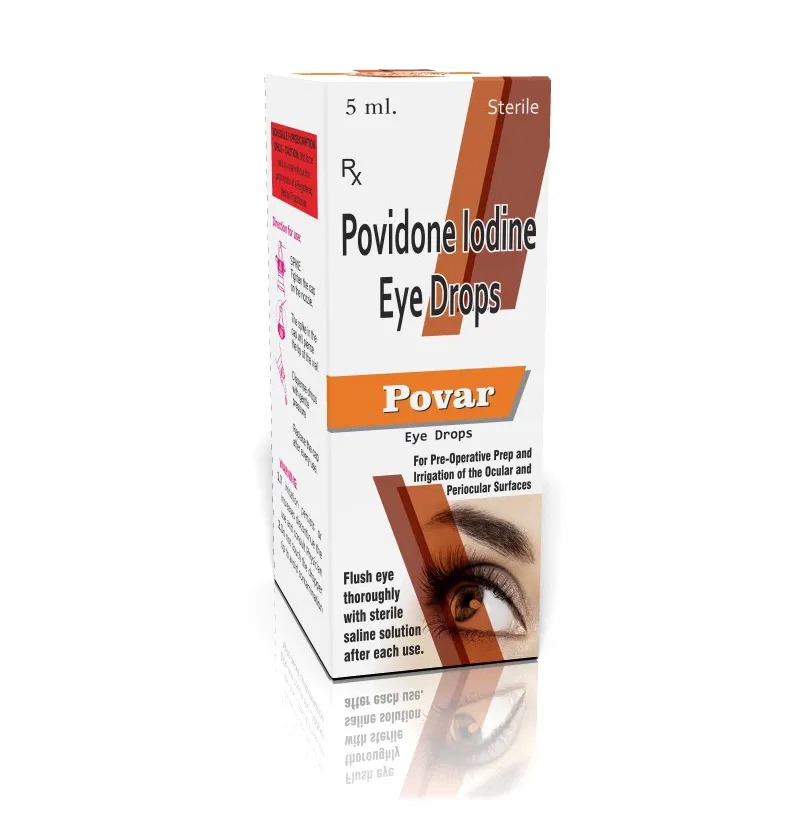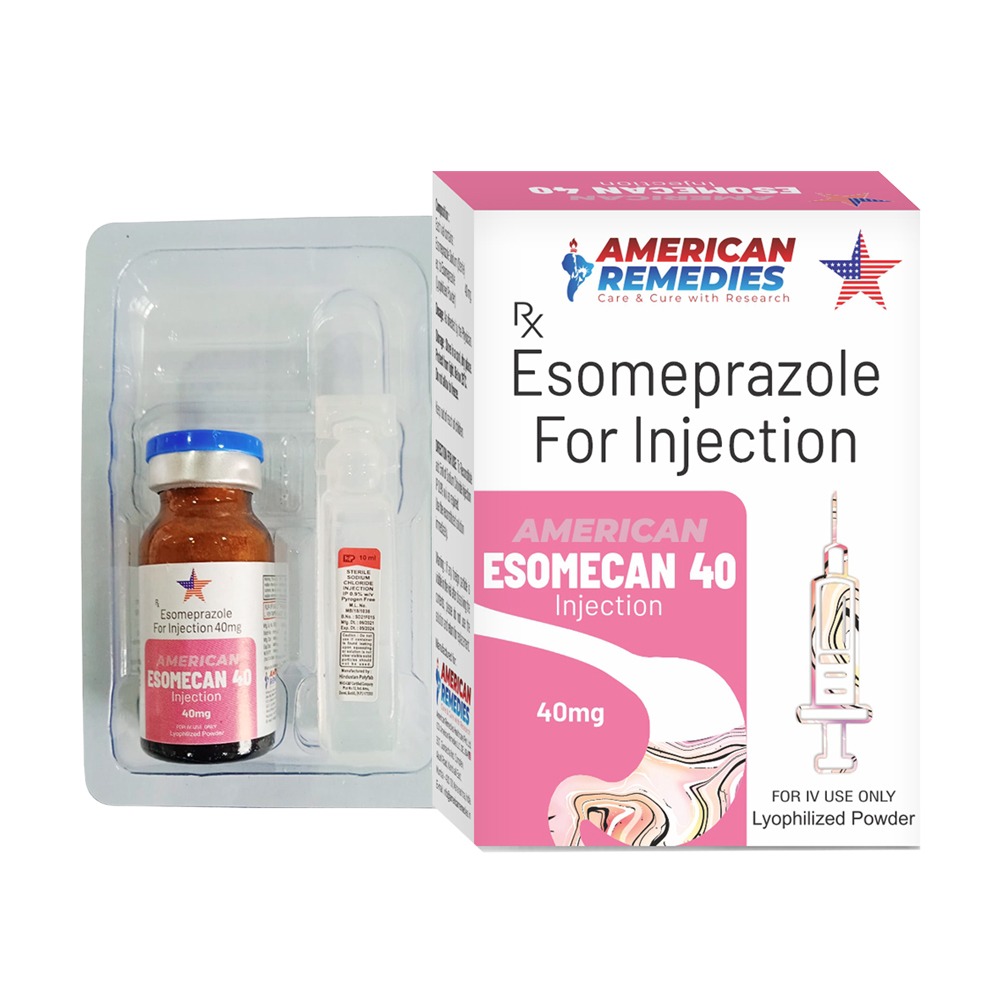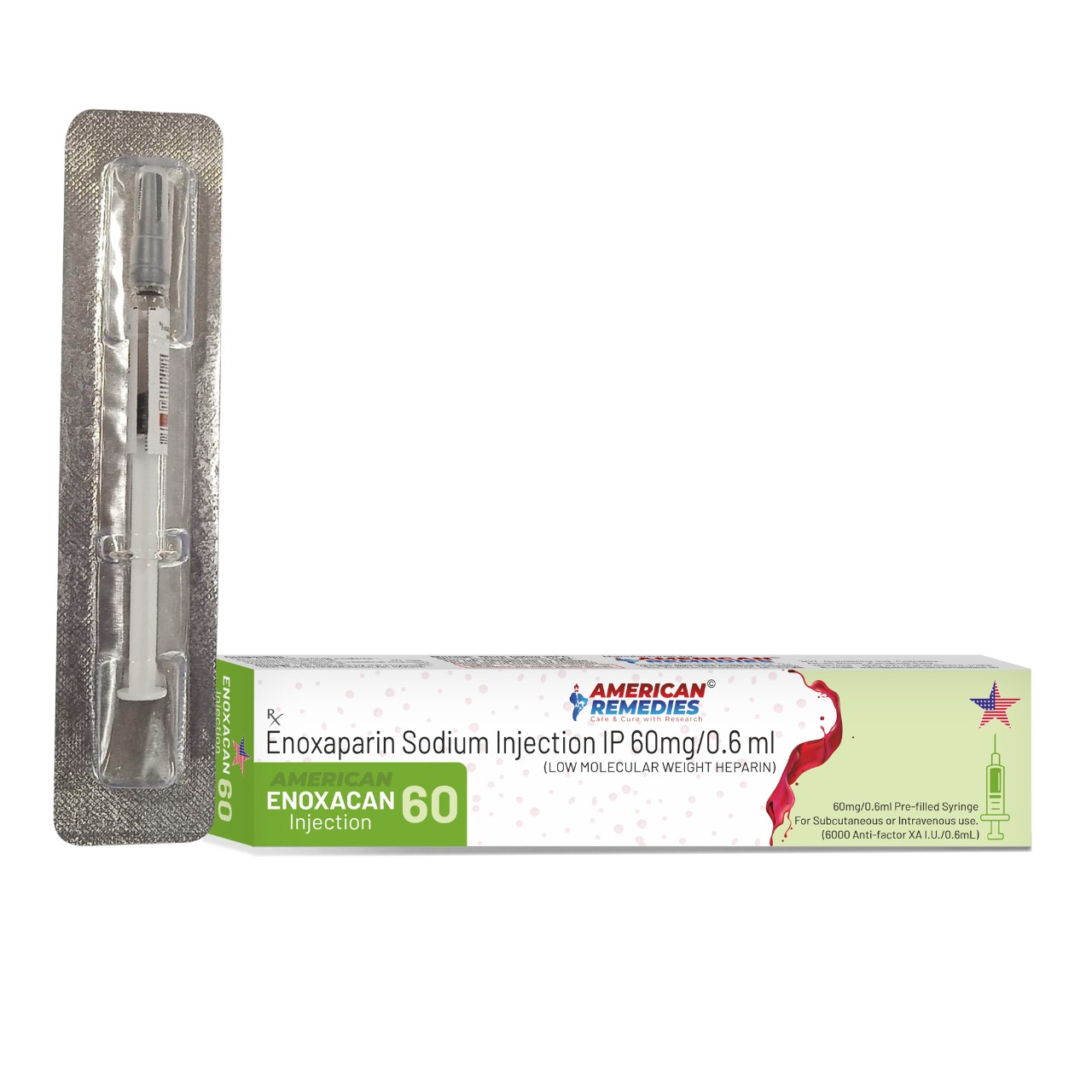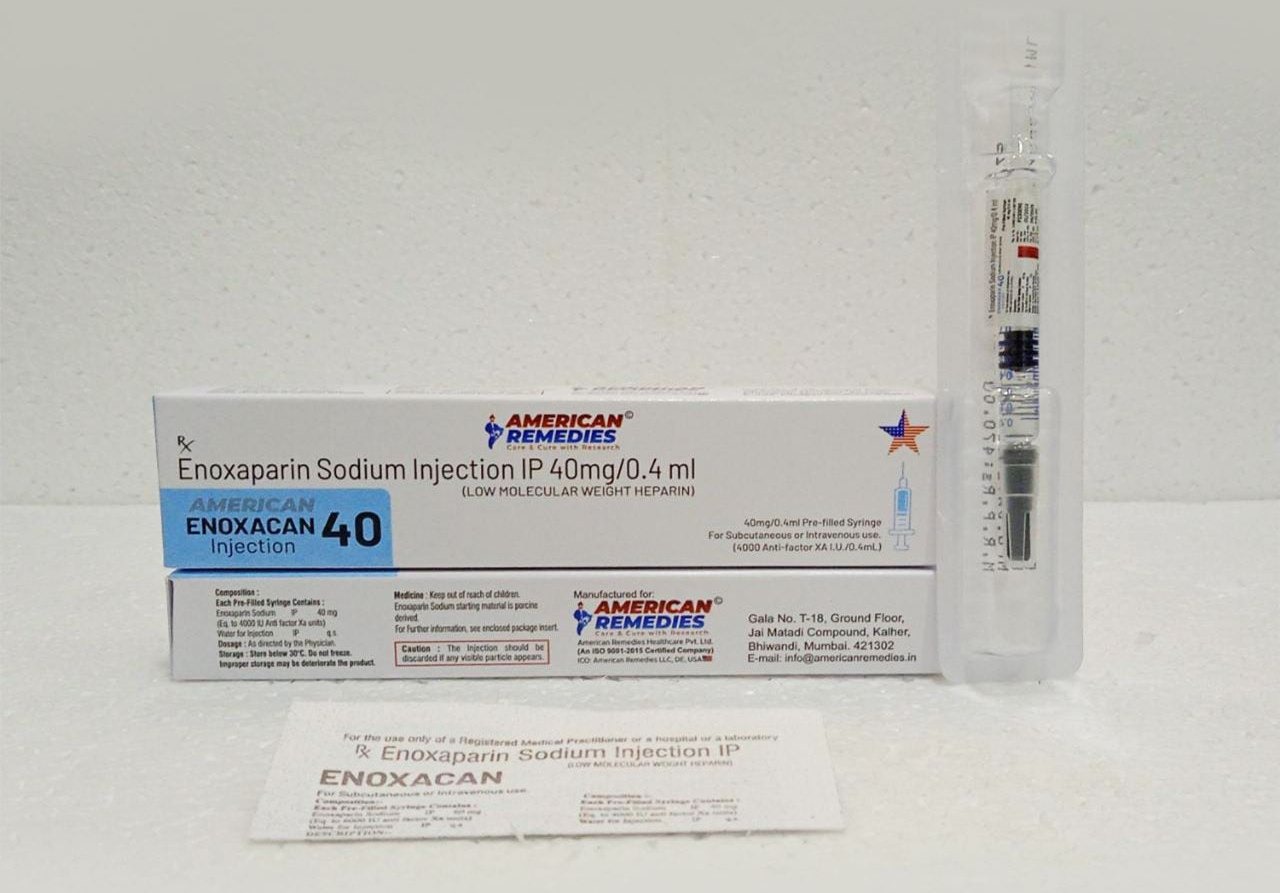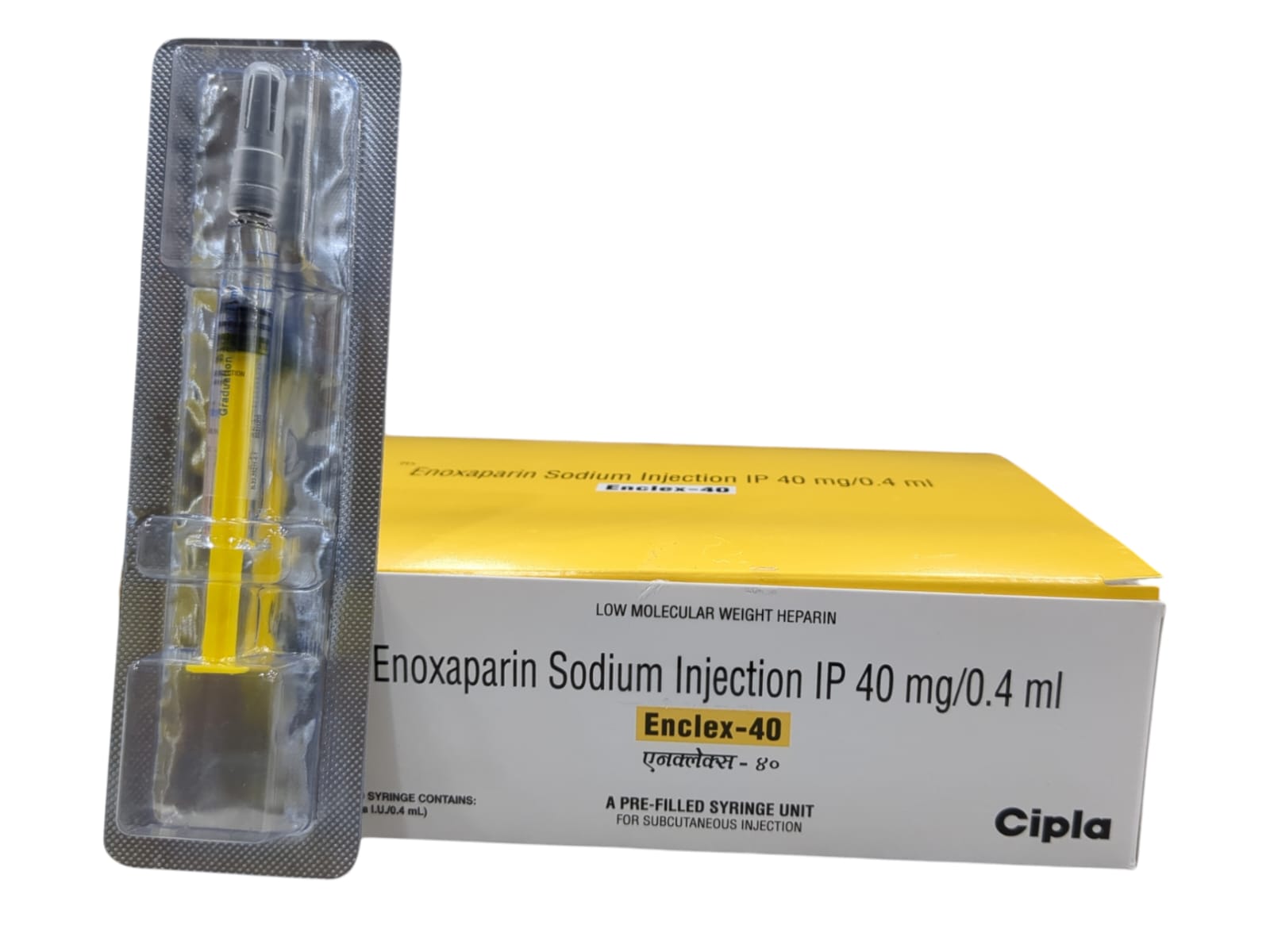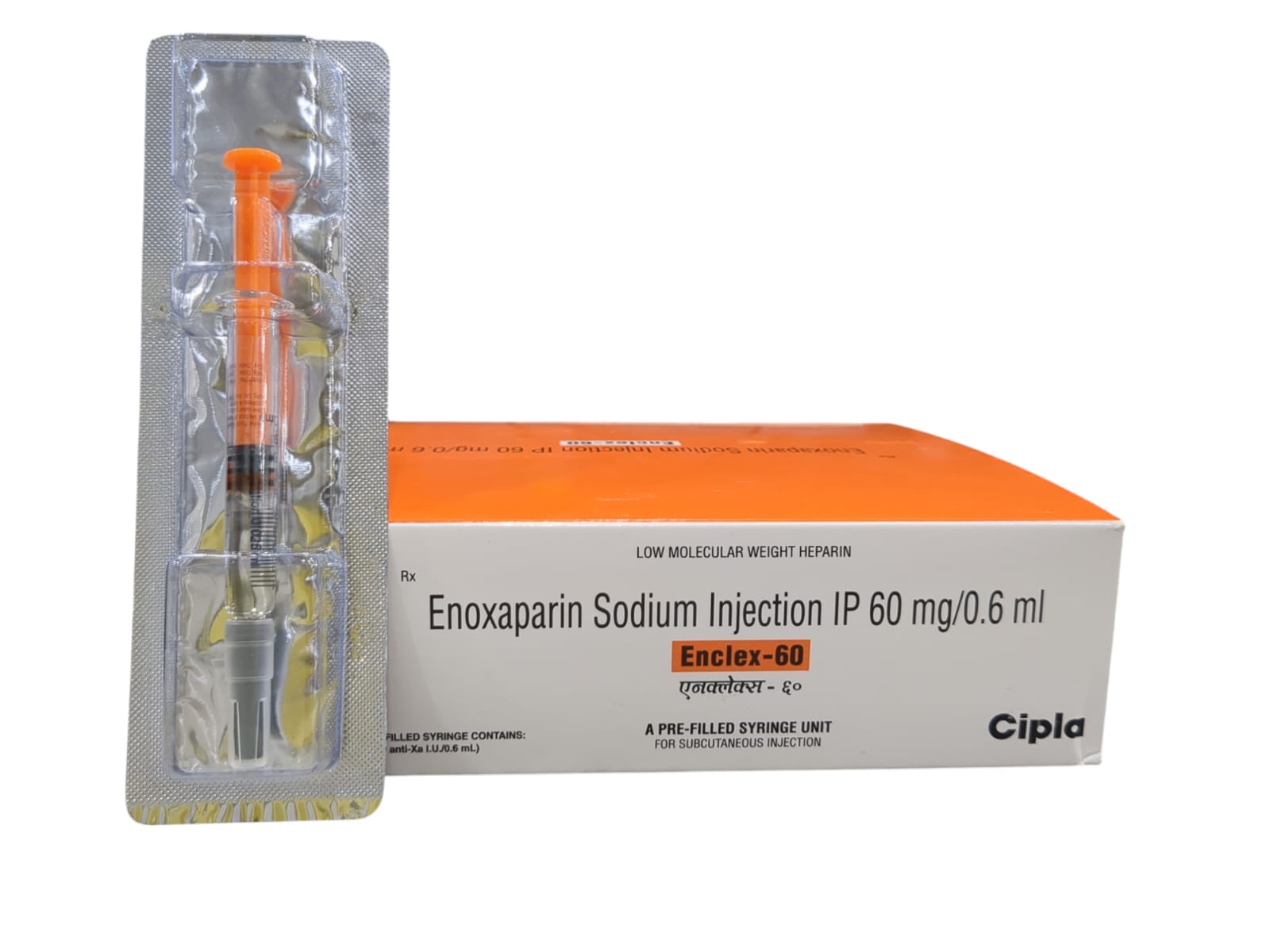What is Magprol CR 400 tablet Magprol CR 400 is an Anti-epileptic medication primarily used to manage Epilepsy and Bipolar Disorder and prevent Migraines. It contains Magnesium Valproate as a potent active ingredient and is manufactured by Intas Pharmaceuticals Ltd. It works by stabilizing abnormal brain activity, thereby reducing seizures and mood swings. You can use this medicine after consulting your doctor. Your doctor knows your health condition and can prescribe the ideal dosage of this medicine. You can take it alone or alongside other treatments. Furthermore, you may consume it with or without food. Your doctor determines the appropriate dosage, which may gradually increase until your condition is stable. Although it may take several weeks to see visible results, it is crucial to continue taking the medication regularly, even if symptoms improve. Sudden discontinuation of Magprol can lead to a resurgence of seizures or worsening of Bipolar symptoms. Like all medications, Magprol may also cause some side effects. Some common side effects include skin rashes, headaches, nausea, sleep disturbances, dizziness, and drowsiness. While most side effects are temporary, persistent issues should be discussed with your doctor. Furthermore, long-term use may lead to bone weakness (Osteoporosis), increasing fracture risk. You should inform their doctor about any pre-existing kidney or liver conditions, mental health issues, or other medications being taken, including contraceptives. Women during pregnancy or breastfeeding stages may require dosage adjustments. Be extremely cautious when driving or operating machinery, as the medication may cause drowsiness or dizziness. Regular blood tests are also necessary to monitor treatment response. What are the benefits of Magprol CR 400 tablet Magprol CR 400 tablet is primarily used in the treatment of Epilepsy, Bipolar Disorder, and Migraine prevention. It modulates neurotransmitter activity in the brain and controls seizures. Furthermore, it enhances the effects of Gamma-Aminobutyric Acid (GABA), a key inhibitory neurotransmitter that promotes calmness. This action helps to stabilize abnormal electrical activity. Thus, it reduces the severity and frequency of seizures in people with Epilepsy. Additionally, by balancing mood-regulating chemicals, it effectively mitigates extreme mood swings associated with Bipolar Disorder. Furthermore, its ability to inhibit excessive nerve signal transmission contributes to Migraine prevention, reducing headache attacks. While it may take several weeks to achieve its full therapeutic effects, consistent use is essential for optimal results. How to take Magprol CR 400 tablet You need to take Magprol tablets only after consulting a doctor. Your doctor can prescribe the ideal dosage based on your medical condition and response. For the best results, take the tablet in the following ways: Take Magprol when your doctor prescribes it, usually in the morning and the evening. Swallow the 400 mg tablet as a whole with a glass of water. Avoid breaking, crushing, or chewing the tablet. You can take this tablet with or without food. However, be sure to take this at a fixed time. You need to adhere to your doctor’s prescription and take this medicine at the same time regularly. What are the side effects of Magprol CR 400 tablet Like all Anti-epileptic medications, these tablets may also cause specific side effects in some people. These side effects are mild, well-tolerated, and temporary. They disappear as the body gets used to the new medicine or its adjusted dosage. Some common Magprol CR 400 tablet side effects are as follows: Headache Vomiting Nausea Hair loss Dizziness Fatigue Loss of appetite Irritation and agitation Blurred vision If these side effects worsen or persist for longer than usual, consult your doctor and seek immediate medical treatment. Safety Advice Liver problemsLiver disease Magprol CR tablet is unsafe to use in people with liver diseases. Consult your doctor before using them. CardiovascularKidney impairment People with kidney impairment should use Magprol CR tablets cautiously. Dose adjustments may be necessary, so discussing any kidney-related issues with their doctor is essential. PregnancyPregnant and breastfeeding women Magprol is unsafe during pregnancy due to the potential risks to the fetus. Effective contraception is advised for women of childbearing age while on this medication. If breastfeeding, consult your doctor, as the drug may pass into breast milk and pose risks to the infant. wineAvoid Avoid Magprol if you are allergic to its active ingredient. Furthermore, avoid consuming alcohol with Magprol, as there is less information available regarding the safety of consuming them together. Moreover, avoid driving or operating machinery, as Magprol may lead to decreased alertness.
Send Message